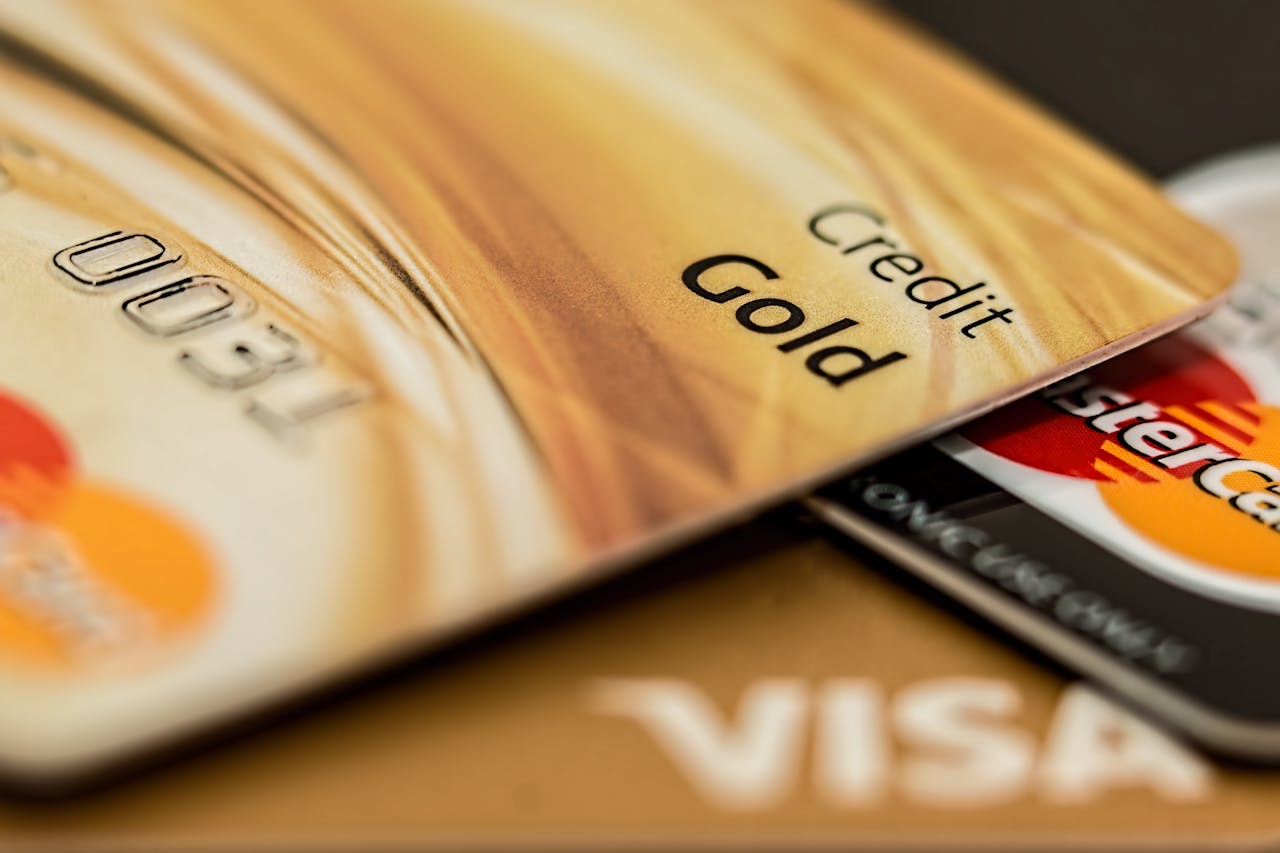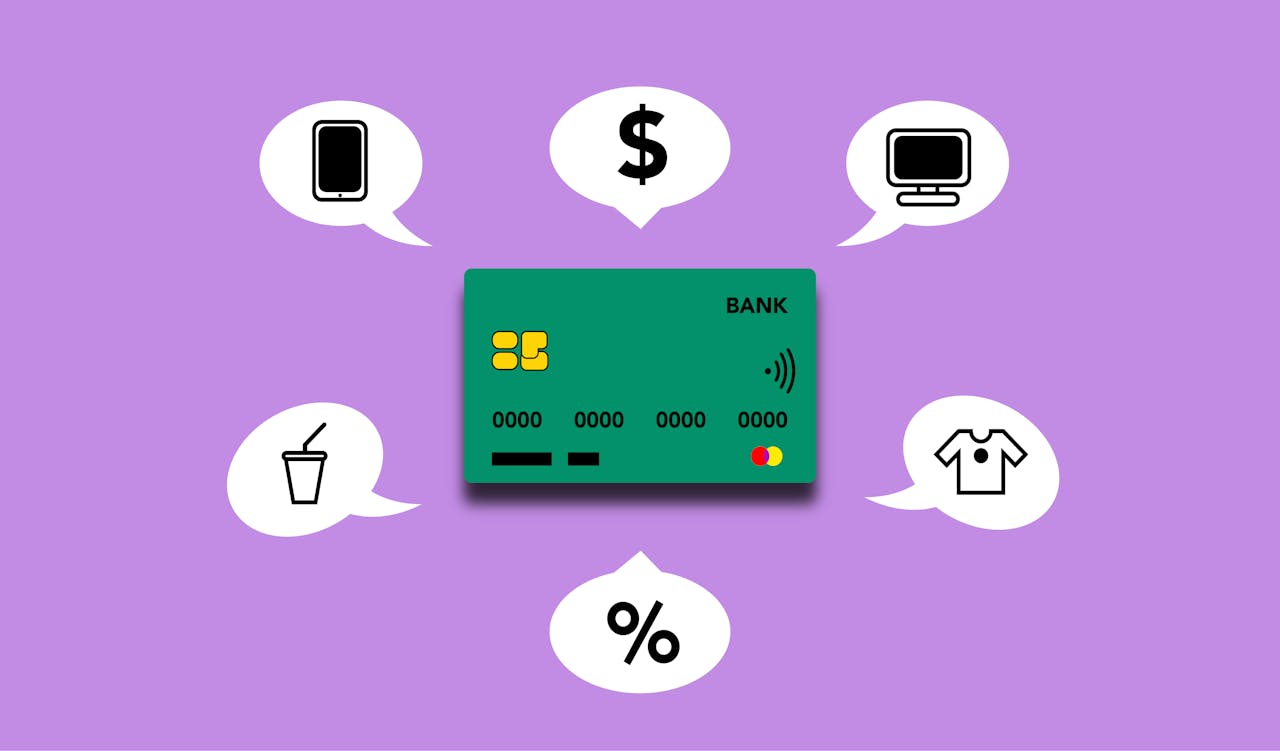Credit Card Management: How to Use Credit Responsibly
Credit cards can be powerful financial tools when used responsibly, offering convenience, rewards, and the ability to build a positive credit history. However, they can also lead to significant debt and financial stress if not managed properly. This guide will help you understand how to use credit cards responsibly, avoid common pitfalls, and make the most of their benefits.


Understanding Credit Cards
Types of Credit Cards:
- Standard Credit Cards: Basic cards offering a line of credit to make purchases, balance transfers, and cash advances.
- Rewards Credit Cards: Cards that provide rewards like cash back, points, or miles for purchases.
- Secured Credit Cards: Require a cash deposit as collateral, ideal for those looking to build or rebuild credit.
- Student Credit Cards: Designed for college students with limited credit history, often with lower credit limits and rewards tailored to student spending.
Key Terms:
- Credit Limit: The maximum amount you can charge on the card.
- Annual Percentage Rate (APR): The annual interest rate charged on outstanding balances.
- Grace Period: The period during which you can pay off your balance without incurring interest charges.
- Minimum Payment: The smallest amount you must pay each month to keep the account in good standing.
Using Credit Cards Responsibly
Pay Your Balance in Full:
- Avoid Interest: Paying your balance in full each month prevents interest charges from accumulating, saving you money.
- Maintain Good Credit: Consistently paying your balance in full demonstrates financial responsibility and positively impacts your credit score.
Make Timely Payments:
- Prevent Late Fees: Paying at least the minimum amount by the due date helps avoid late fees and penalty interest rates.
- Protect Your Credit Score: Late payments can significantly damage your credit score, making it harder to obtain credit in the future.
- Track Purchases: Keep track of your spending to stay within your budget and avoid overspending.
- Set Alerts: Use mobile banking apps to set up alerts for due dates, balance limits, and suspicious activities.
- Utilization Rate: Aim to use no more than 30% of your credit limit at any time. High utilization can negatively impact your credit score.
- Request Limit Increases: If you frequently approach your credit limit, consider requesting an increase to maintain a lower utilization rate.
- High Fees and Interest: Cash advances often come with high fees and higher interest rates, making them an expensive way to access cash.
Building and Maintaining Good Credit
- Components: Credit scores are based on payment history, credit utilization, length of credit history, new credit, and credit mix.
- Check Regularly: Regularly review your credit report to ensure accuracy and address any errors promptly.
- Types of Credit: Having a mix of credit types (e.g., credit cards, installment loans) can positively impact your credit score.
- Hard Inquiries: Each application for credit results in a hard inquiry, which can slightly lower your credit score. Apply for new credit sparingly.
- Account Age: Keeping older accounts open and active contributes positively to the length of your credit history.
Managing Credit Card Debt
Create a Repayment Plan:
- Debt Avalanche Method: Pay off cards with the highest interest rates first while making minimum payments on others.
- Debt Snowball Method: Pay off cards with the smallest balances first to build momentum and motivation.
Consider Balance Transfers:
- Low-Interest Offers: Some cards offer low or 0% interest on balance transfers for a limited time, which can help consolidate and pay off debt faster.
- Transfer Fees: Be aware of any fees associated with balance transfers, which typically range from 3% to 5% of the transferred amount.
Seek Professional Help:
- Credit Counseling: Non-profit credit counseling agencies can help you create a debt management plan and negotiate with creditors.
- Debt Settlement: As a last resort, debt settlement companies negotiate with creditors to reduce the total amount of debt owed. This can negatively impact your credit score and should be considered carefully.
Maximizing the Benefits of Credit Cards
Take Advantage of Rewards:
- Cash Back: Earn a percentage of your purchases back as cash rewards.
- Points and Miles: Accumulate points or miles for travel, merchandise, or other perks.
- Sign-Up Bonuses: Many cards offer substantial bonuses for meeting a minimum spending requirement within the first few months.
Utilize Additional Benefits:
- Purchase Protection: Many cards offer protection against damage or theft of purchased items.
- Extended Warranties: Some cards extend the manufacturer’s warranty on purchases.
- Travel Insurance: Credit cards often include travel-related benefits such as trip cancellation insurance, rental car coverage, and lost luggage reimbursement.
- Stay Informed: Credit card issuers frequently update benefits and rewards programs. Regularly review your card’s features to maximize value.


Credit cards, when used responsibly, can be valuable tools for managing finances, earning rewards, and building credit. By understanding how credit works, monitoring your spending, and making timely payments, you can avoid common pitfalls and enjoy the benefits of credit cards. Whether you're looking to build credit, manage debt, or maximize rewards, following these strategies will help you use credit responsibly and achieve your financial goals.












